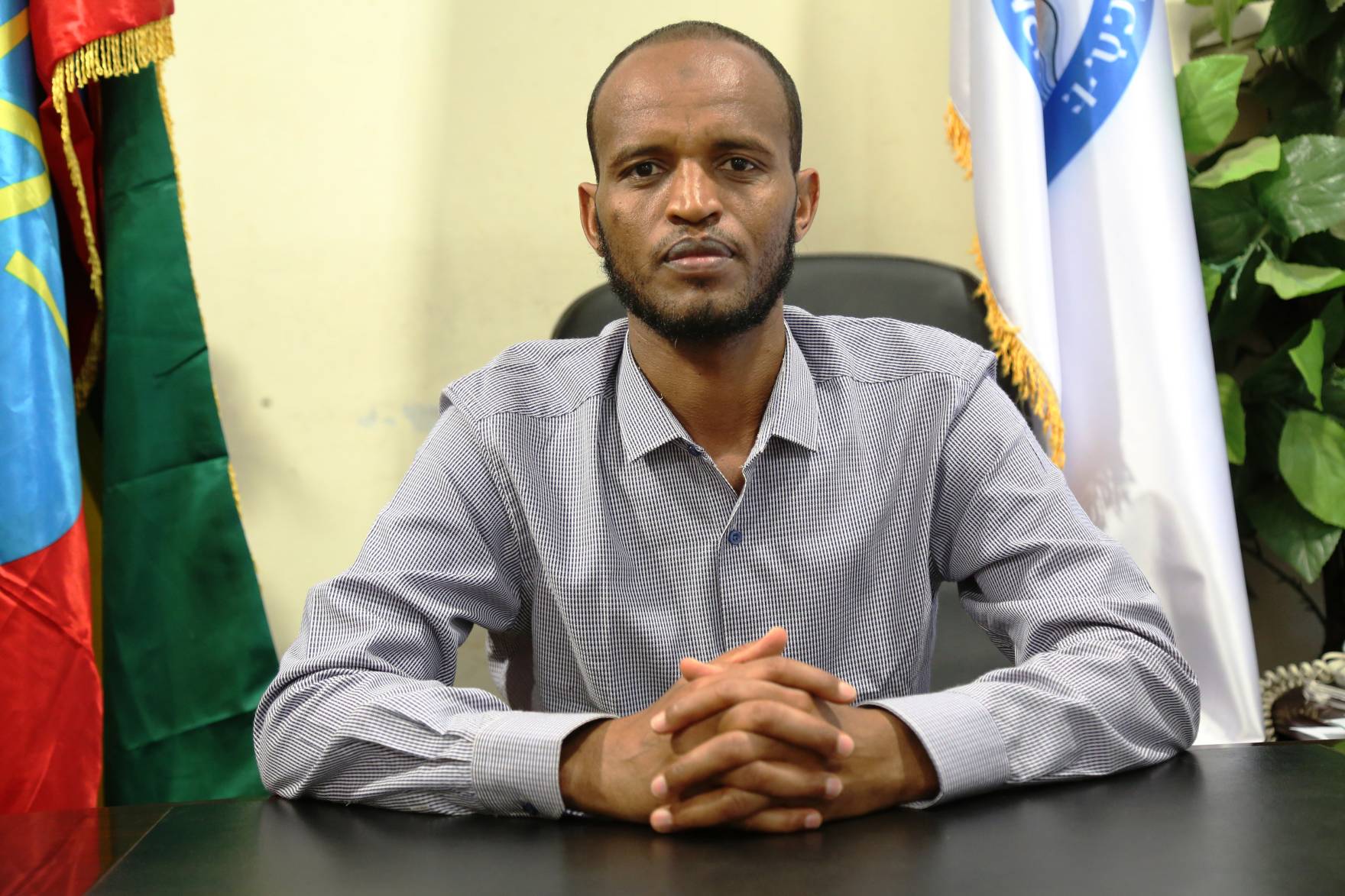In line with Arba Minch University’s commitment to promote gender equality and the promotion of women to management and leadership positions, the university has been running series of training both for academic and support female staff. In thisfour days training, onWomen Empowerment and leadership. The first two days of the training targeted female academic staff and the other two the support staff. A total of 51 women: 21 academic staff and 30 support staff attended the four day training. The training was delivered by SelomeTaddesse, Director of Emerge consultancy and training.
The program for the training was designed to be interactive, light touch and participant centered allowing space for reflection, stories and practical culturally relevant examples. The style of facilitation also paid due attention to creating an enabling environment for participants to freely express their thoughts and concerns.
The framework used by the consultant for the two day training was Systems thinking and appreciative Inquiry. This allows participants to start thinking systemically to effect both personal and organizational change and to do so from a positive core moving away from a deficit mode. The main sessions of the two day program were: Exploring our understandingof empowerment, the four components of Empowerment, Exploring Paradigm and its relevance to Empowerment, Appreciative Inquiry, Assumptions, Communication with a focus on Assertiveness Skills, Understanding and Impacting Systems and Action Planning.
The challenges for women empowerment as expressed by participants were cultural barriers, lack of confidence, the absence of forums where women can network and support each other, access to information and the lack of time for self development as women have the burden of working in offices, running a household and attend to social responsibilities. Participants suggested that alongside such trainings a mechanism should be in place to train and engage men at all levels of the university to support women’s empowerment, that the university should bring more women to leadership who can serve as role models, that there should be some form of follow-up after such trainings and that a networking forum where women can share experiences and support each other be established.
Some of the feedback from the participants about the training was that it:gave them an opportunity to know themselves, that it created space and time for them to reflect, that it was inspiring and energizing, that it gave them applicable enabling tools and that they feel empowered to start a journeyto change both at a personal and organizational level.
Further trainings on Presentation skills, Decision-making, Assertiveness and Leadership are highly recommended for both groups. The establishment of an informal network for women staff to meet and share experiences as well as support each other will also enable the sustainability of such trainings. Inviting successful women as guest speakers at different events of the university to engage with the staff will create an opportunity for the staff to learn and have role models.
The training was prepared by LMCD project and gender affer office.
Reported by: Salsawit Baynesagn
External and Public Relation officer
Corporate Communication Directorate




